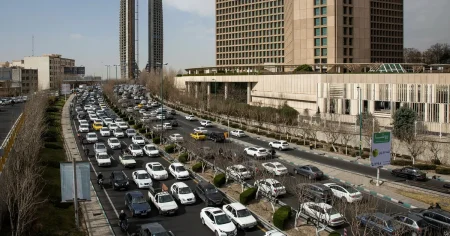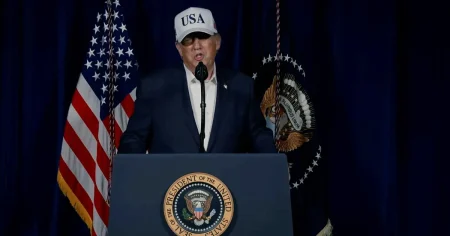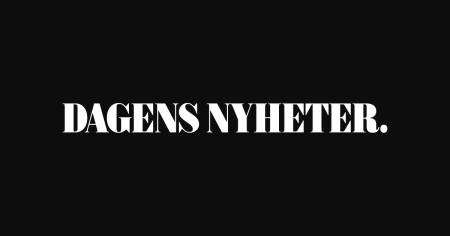The German word ”biodeutsch,” literally translating to ”bio-German,” has been thrust into the spotlight after being declared the ”Unwort des Jahres” (non-word of the year) for 2024 by German linguists. While initially coined satirically by comedian Muhsin Omurca to mock right-wing extremists who differentiate between ”true” Germans and immigrants, the term has been ironically appropriated by the very groups it was intended to criticize. Its usage has become so pervasive in social media and political discourse that linguists deemed it harmful, signifying the exclusion of people with immigrant backgrounds from German identity. This ironic twist highlights the complex and often volatile nature of language, where words can be weaponized and their meanings subverted.
The selection of ”biodeutsch” as the Unwort underscores the insidious way in which seemingly innocuous terms can be employed to normalize discriminatory ideologies. Professor Constanze Speiß of the University of Marburg explains that the term implies that individuals with immigrant backgrounds are inherently ineligible to be considered German, reinforcing a dangerous us-vs-them mentality. The term’s adoption by racist groups demonstrates the fluidity of language and its susceptibility to manipulation for political purposes. The original intent, to expose the absurdity of such distinctions, has been tragically overshadowed by its misuse. This highlights the challenge of controlling the meaning and impact of language, particularly in the rapidly evolving digital landscape.
The irony of the word’s trajectory is further amplified by its initial usage in a broader context related to organic products. In Germany, ”bio” is commonly used as a synonym for ”organic,” referring to food produced according to EU regulations. This established association with wholesome and natural products starkly contrasts with the term’s current, politically charged connotation. The duality of the word ”bio” – signifying both organic purity and exclusionary nationalism – creates a jarring juxtaposition, reflecting the complex layers of meaning embedded within language.
The Unwort jury’s decision reflects a growing concern about the insidious spread of discriminatory language in Germany. The term ”biodeutsch” follows a pattern of similarly problematic words being selected in previous years, including ”Remigration” in 2023, deemed a euphemism for forced deportation, and ”Klimaterrist” (climate terrorist) in 2022, used to discredit climate activists. These selections underscore the ongoing struggle against the use of language to stigmatize and marginalize specific groups. The annual selection of the Unwort serves as a reminder of the power of language to shape public perception and the importance of scrutinizing the rhetoric employed in political and social debates.
The case of ”biodeutsch” offers a compelling example of how language can be both a tool for satire and a weapon for discrimination. While Omurca’s original intention was to expose the absurdity of racial purity arguments through humor, the term’s appropriation by right-wing groups highlights the risk of satire being misinterpreted or deliberately misused. This incident serves as a cautionary tale about the potential for language to be hijacked and employed for purposes diametrically opposed to its original intent. It underscores the need for vigilance in recognizing and challenging the manipulation of language for discriminatory ends.
The selection of ”biodeutsch” as the Unwort of 2024 prompts reflection on the dynamic nature of language and its susceptibility to political manipulation. While the term initially aimed to expose the absurdity of racial distinctions, its appropriation by the very groups it targeted underscores the power of words to be weaponized and their meanings subverted. The irony of the word’s trajectory, from satirical critique to discriminatory slur, serves as a potent reminder of the importance of critical language awareness and the need to actively challenge the use of language to promote prejudice and exclusion. The ongoing debate surrounding ”biodeutsch” and other similar terms highlights the crucial role of linguists and the public in safeguarding the integrity of language and preventing its misuse for harmful purposes.














